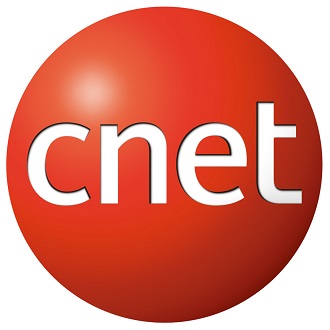Google Set to Surpass Microsoft in Value; Facebook is Next

This post was also published on CNET. Brace yourself for the next passing of the torch in the tech industry. Google, the leader of the Internet era of computing through the aughts, now has a $200 billion market capitalization and is on the verge of passing Microsoft's market cap of $215 billion. Microsoft was the leader of the PC era of computing and continues to dominate the desktop, notebook and server software market for Intel-based x86 computers. I've been closely watching the relative valuation of these two companies for almost four years--ever since I predicted that Google would exceed Microsoft's valuation . The recent stock moves must come as a high note for Google chairman Eric Schmidt, who competed with--and lost to--Microsoft at both Sun Microsystems, as its CTO, and Novell, as its CEO. Google's market capitalization (orange line) is creeping up on that of Microsoft (blue line). Source: YChart IBM, which led the mainframe and minicomputer era of b...
